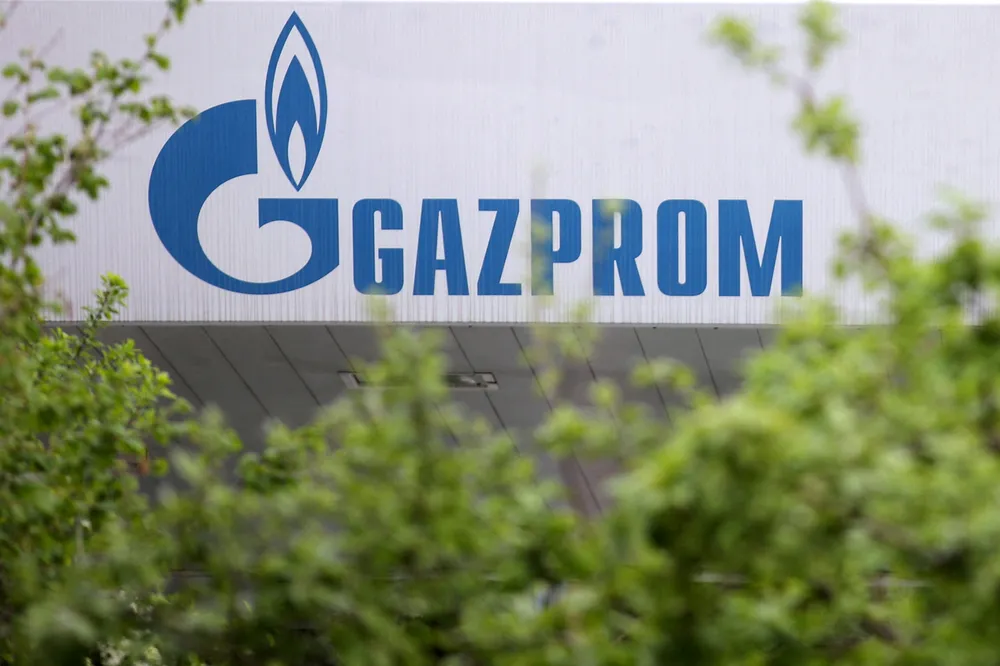Gazprom accumulates cash as stand off with European customers looms
Record gas prices in Europe last year allow Russian gas giant to deposit over $29 billion into bank accounts

Record gas prices in Europe last year allow Russian gas giant to deposit over $29 billion into bank accounts
